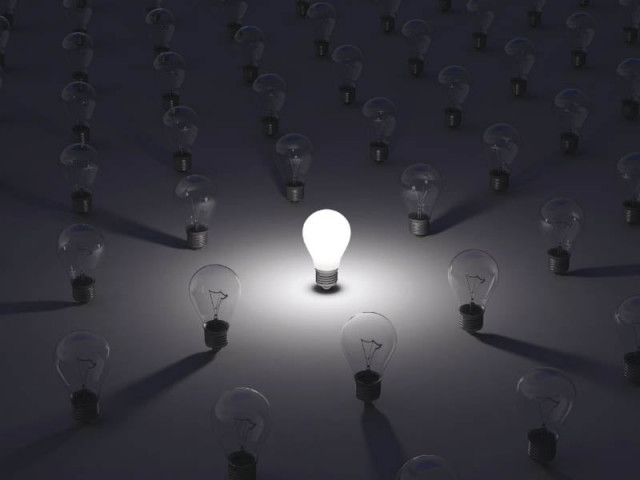A ‘brighter’ Pakistan: microcredit for clean energy
Small loans may be one viable solution to Pakistan’s energy needs.

In Pakistan, about 43% of the total population lives without access to electricity. 70% of this under-served population lives in rural areas in approximately 50,000 villages completely detached from the national electricity grid.
The energy shortfall has not only severely affected the secondary and tertiary sectors of the economy, but has also gravely impacted the small enterprises operating in rural and peri-urban areas of the country, which account for a significant share of the nation’s economic activity.
The country needs to bring changes in its energy production mechanism. It has to shift towards renewable resources which are not only cost efficient and effective, but also provide a sustainable, environmentally-friendly alternative.
Solar energy, in particular, is an excellent alternative to fossil fuels for Pakistan, as the country receives high levels of solar radiation. Using this source effectively can, at least, help meet needs of rural areas. As most areas of Pakistan are not electrified due to their distance from power stations and the resultant high costs involved in setting up grids and wires to these areas, solar power also comes as a conveniently mobile power source.
The rural areas of the country comprise 75% of total population, but are behind in productivity and hence development of the country. With such huge potential at hand, it is essential that these energy alternates are disseminated to the most deserving.
Microfinancing works on the idea of providing depressed communities access to finance where mainstream organisations may not see it profitable to do so. Using this idea, the lack of financing resources to purchase solar equipment can hence be overcome in the form of microfinance loans.
Such an idea has been put forth by a local organisation, the Buksh Foundation. The organisation has come up with the idea of providing ‘Clean Energy Loans’ with the objective of fulfilling energy needs of small enterprises and rural households via solar panels, solar lights, and solar fans. Through this micro-level energy movement, any small enterprise can become more cost efficient, productive, and profitable. These solar solutions are provided by the foundation through a monthly repayment plan, tailored to match client’s needs, thus making clean energy lending completely affordable and sustainable.
Our country has a lot of potential, a lot of talent, and many opportunities for individuals and organisations who know where to look. We cannot solve problems by senselessly agitating against them; as a nation we should find tenable solutions which are sustainable, altruistic and expedient. Microfinance for solar power projects is one such solution. As different NGOs and microfinance firms seep into the market, the energy deficit can be easily met with similar solutions for the provision of clean energy.
THE WRITER IS A MICROFINANCE BANKER FORMERLY ASSOCIATED WITH THE BUKSH FOUNDATION
Published in The Express Tribune, June 4th, 2012.



















COMMENTS
Comments are moderated and generally will be posted if they are on-topic and not abusive.
For more information, please see our Comments FAQ